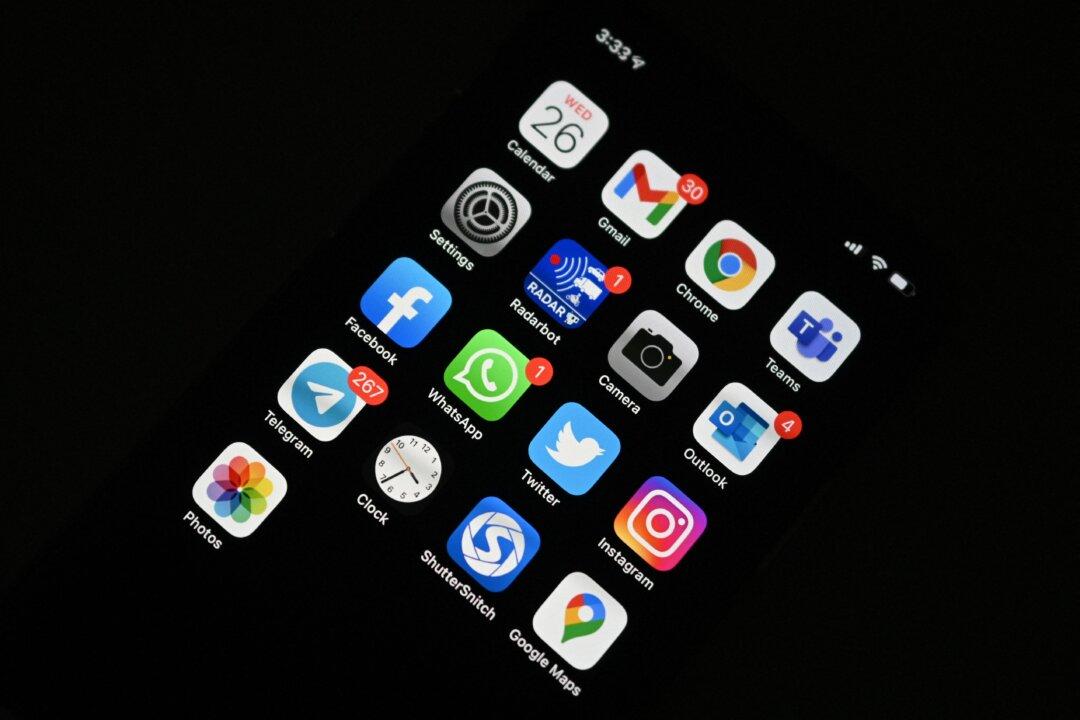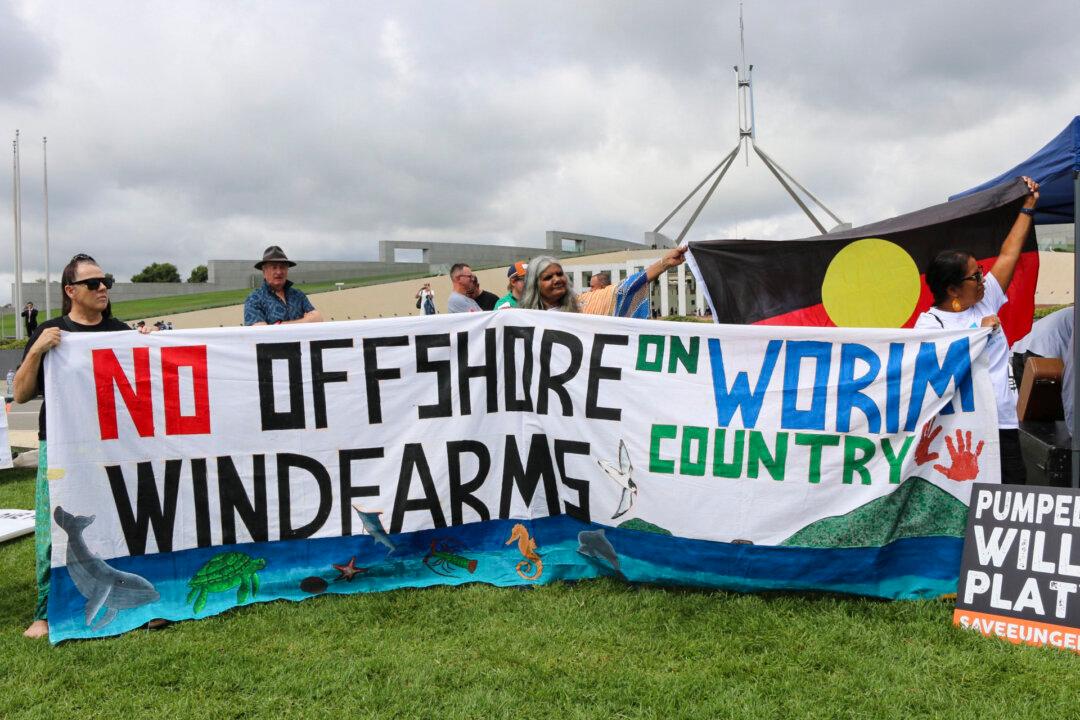Shadow Communications Minister David Coleman is critical of the Labor government’s decision not to release all 23,000 public submissions made on its proposed “Combating Misinformation and Disinformation Bill.”
So far 150 submissions have been released by the communications ministry on the proposed bill that would give new powers to the Australian Communications and Media Authority (ACMA) to combat online “misinformation and disinformation.”




